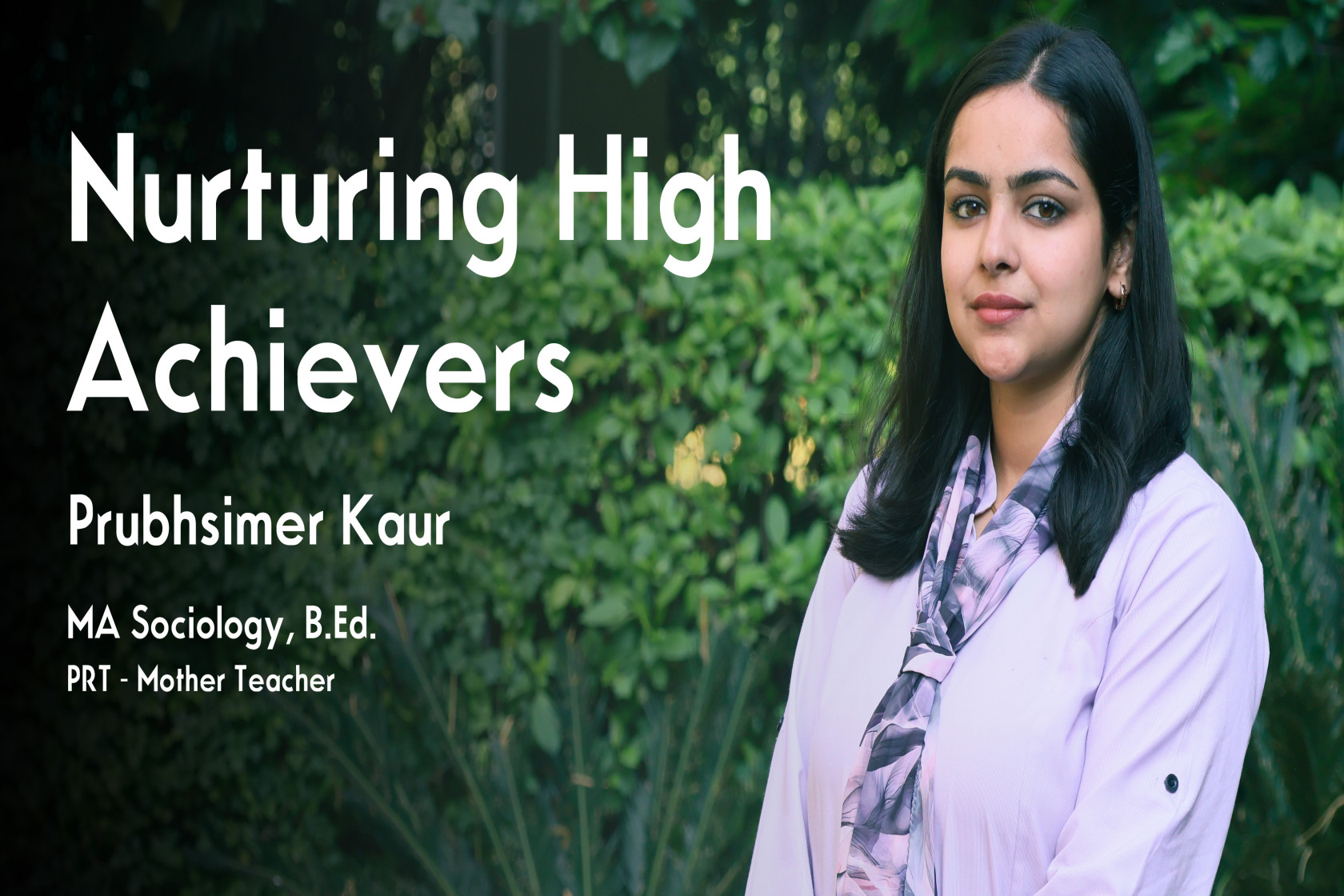We look at the shining stars in the night and feel mesmerised, but do all the stars shine the same way? No, each one has its own spark, and so does every child. A child is no less than a shining star with its own uniqueness, shine, and identity. Yes, we do wonder how one can be so different, and the answer to that is because they have unique personalities, experiences, and genetic makeups. It's what makes each of us special!
Every child is different in its own ability to live and understand the world through its own creative thoughts. It is well said that you cannot judge a fish by its ability to climb a tree; every child has its own intelligence, and one must not try to judge a child by the intelligence of a personal choice but rather by the talent the child possesses. Every child is different because they have their own individual personalities, strengths, and interests. Some children may be more outgoing and social, while others may be more introverted and prefer solitary activities. Each child has their own learning style and may excel in different subjects or areas. It's important to recognise and celebrate these differences, as it allows children to thrive and reach their full potential.
Embracing diversity and understanding that every child is unique helps create a more inclusive and supportive environment for all. As a parent or a teacher, we must look out for how we motivate a child to the best of their abilities. When dealing with different children, it's important to embrace their uniqueness and tailor your approach to their individual needs. Here are a few tips on how you can motivate your child to perform well: Listen to them, understand their strengths and challenges, and provide support accordingly. Celebrate their achievements and encourage their interests. Remember, each child is special and deserves to be treated with respect and understanding.
To sum up, if parents and teachers are more receptive, and appreciate individual differences among children, it can result in happier future generations of high achievers, thereby transforming society.


